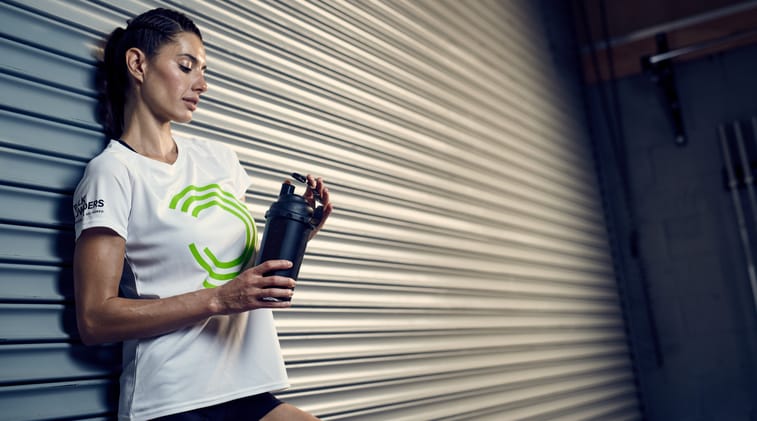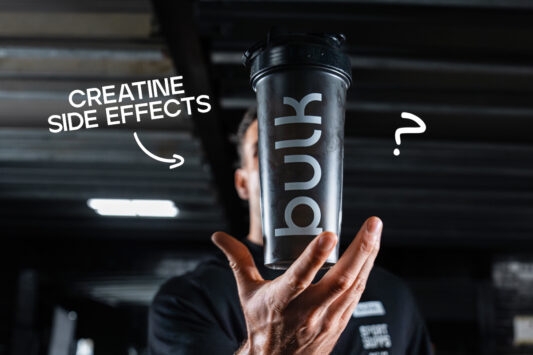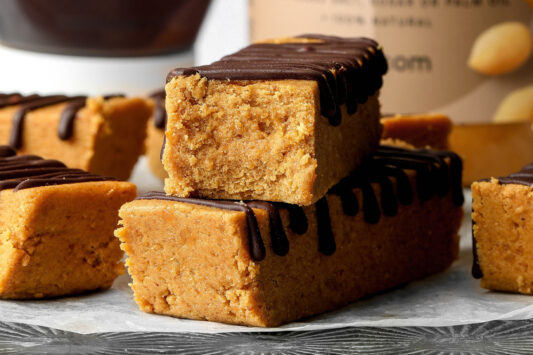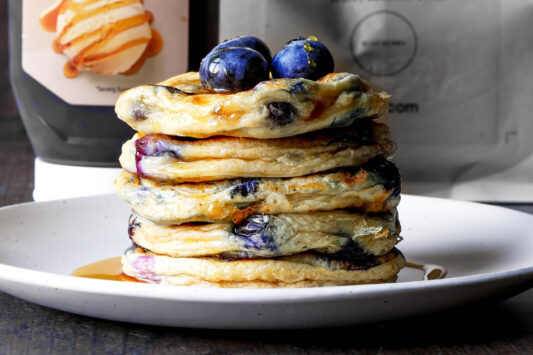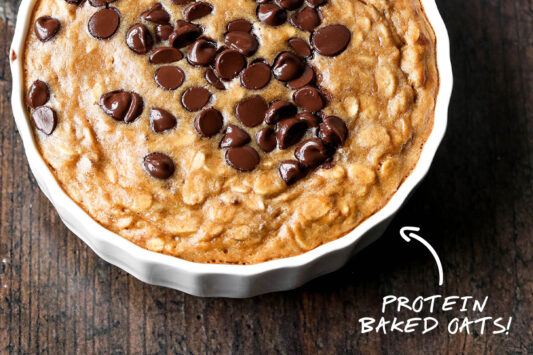The Best Supplements & Natural Aids for Bloating
Occasional bloating can be frustrating, not to mention uncomfortable. You work hard to have a trim physique, and then wake up with a bloated belly which makes it impossible to fit into your clothes.
If bloating is a constant problem for you, it’s best to have a chat with your doctor. But if this is something you only experience once in a while, there are plenty of gentle, natural remedies you can try at home.
Why Do We Get Bloated?
There are so many reasons for occasional bloating around the tummy and waist. For women, obviously your menstrual cycle can be a factor. Most women experience the worst of the bloating during menstruation, but some have random bloating at other points in their cycle, too.
Other reasons for bloating could be excess fibre from food (fibre is healthy, but too much can give your guts a lot to deal with!), sheer volume of food, problems going to the toilet, stress, or even lack of sleep.
So, you can see that a bloated belly isn’t always to do with food. It could also be due to your hormones, sleep, stress, or subtle changes within your digestive system.
How to Reduce Bloating
If bloating is a persistent problem for you, try keeping a food diary to identify any foods that cause a reaction. There are some common culprits (including fizzy drinks, chewing gum, gluten, and high FODMAP foods). But bloating is very individual – you might fill up with gas after eating something that everyone else in your family can chow down on with ease. Do a food audit to see if you can track down the culprit.
Of course, if bloating is causing you distress, or if it’s accompanied by any more sinister symptoms (bleeding, pain, significant changes in your toilet habits) then please see your doctor. Better safe than sorry and all that.
How a Low FODMAP Diet Can Help with Bloating
There’s no one-size-fits-all when it comes to choosing foods to minimise bloating, but there is a lot of accepted wisdom about foods that can be particularly troublesome. If you suffer with bloating and want to track down the food culprit, you could try a low FODMAP food approach. This cuts out FODMAP foods which can be difficult on the digestion.
FODMAP stands for fermentable oligosaccharides, disaccharides, monosaccharides and polyols, and some of the more troublesome foods are onions, garlic, mushrooms, apples, rye and milk products.
A low FODMAP diet will involve eating certain vegetables (including courgette, squash, spinach, and broccoli), some fruits (including banana, blueberries, and pineapple) plus lactose-free dairy, sourdough bread, and rice.
In terms of supplements, if you think high FODMAP foods are contributing to your bloating, you will want to avoid whey and limit your intake of oats. Take a look at our Vegan Protein powders and check out our Pumpkin Powder for gentler ways to get carbs and protein for sensitive stomachs.
3 of the Best Digestive Aids to Reduce Bloating
If you’re already bloated, you’ll want to get rid of that uncomfortable tight feeling so you can start to move more easily. There are lots of gentle ways you can support your digestion.
- If you have a problem with lactose, you could benefit from supplemental lactase (this is the enzyme that helps us digest lactose). Our Lactase Tablets are handy to keep around, for those times you want to enjoy ice cream/cheese/frozen yoghurt (etc!) without belly pain.
- If big meals are your nemesis, try DigeZyme® tablets which are a blend of 5 amazing digestive enzymes which will support your body as it digests your food. Really useful for cheat days, foodie treats, or any meals which you know will challenge your digestive system!
- If you want to support your digestion every day, try Complete Probiotic™ – this is our daily digestive support with 5 strains of probiotic and 3 digestive enzymes. It’s a wonderful, gentle, natural support for your body’s digestive processes. And – bonus – it actually helps you absorb more nutrition from your food.
Can Exercise Help Bloating?
This one is individual, but most people report that gentle exercise can ease belly bloating. Let’s face it, most of us spend too much time sitting down, which puts a lot of pressure on our digestive system and can prevent nature from doing its thing. So gentle exercise can straighten us out, get things moving, and encourage blood flow to the digestion. But keep it gentle – remember that stress can exacerbate bloating. A good walk, some yoga, or some gentle cardio will do the trick.
